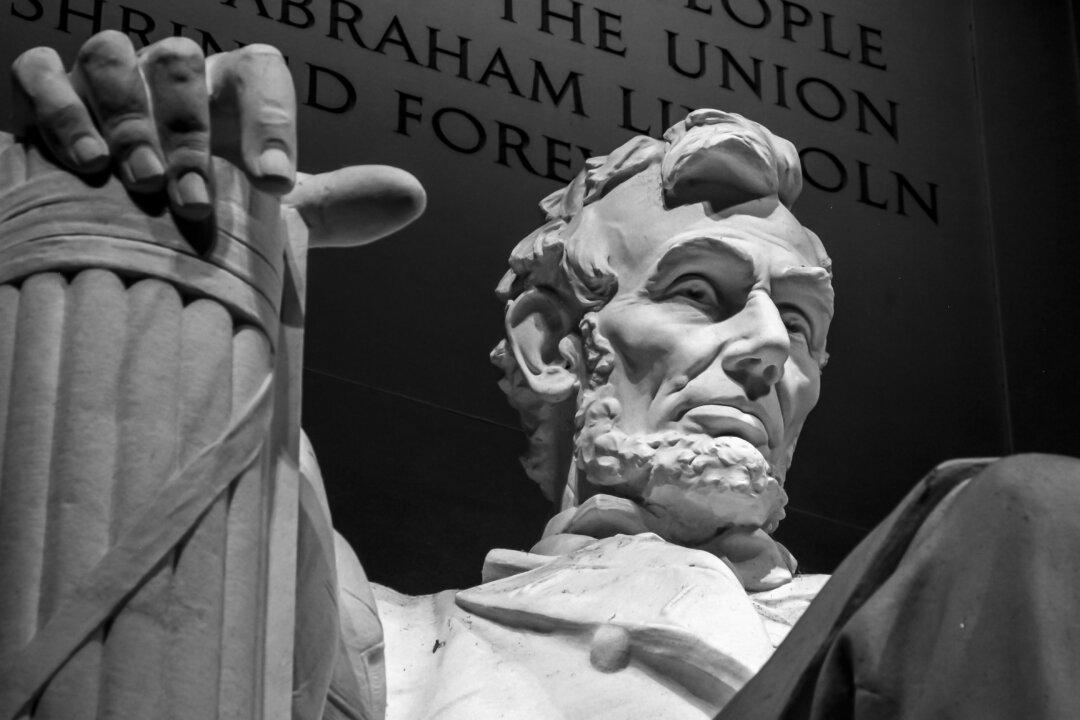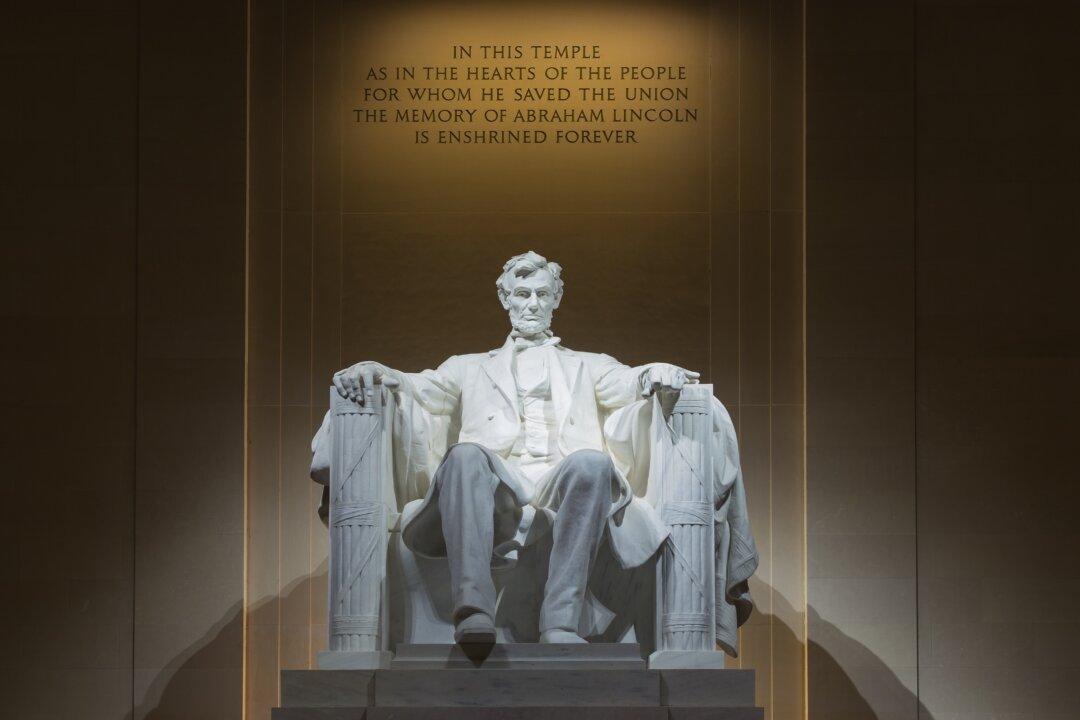“Leave nothing for tomorrow which can be done today.”
A man, nameless to the annals of history except for a random chance of geographic proximity, once dared to look beyond the veil of martyred hindsight to remember a lanky yet surprisingly strong young man from Kentucky, “Abe Lincoln worked for me ... didn’t love work half as much as his pay. He said to me one day that his father taught him to work, but he never taught him to love it.”
This charmingly unsentimental anecdote fits with what little is known about Lincoln’s early years. Other neighbors interviewed years after Lincoln’s death would recall watching Abe helping his father on the farm. The tall youth was known to faithfully, if not quite enthusiastically, perform the backbreaking labor required to survive on the frontiers of Kentucky, Indiana, and eventually Illinois.
No one would say Lincoln ever shied away from hard work; instead he saw physical labor as a means to an end. In his youth, that end was most often the chance stick his nose back in a book. As Lincoln grew in both wisdom and age, that end would become a defining and unshakable principle: the Union must be saved.
Lincoln’s personal experiences as a “hired hand,” lawyer, and eventually a politician, allowed him to develop a unique perspective on the American struggle to earn a living. For all the promise of opportunities and hope of the New World, few individuals in nineteenth-century America were truly able to rise above the standard of living they were born into. Even fewer were able to successfully navigate through both the spheres of physical laborer and intellectual professional. Though Lincoln undoubtedly enjoyed his career as a politician more than his life on the frontier, it can be argued he was definitely successful in both arenas.
The future president earned his first dollar ferrying passengers across the Ohio River on a raft he built himself. In the years that followed he worked his way up from hired hand to store clerk for one Mr. Denton Offutt. Eventually Lincoln was known as one of the most popular lawyers to travel the Illinois circuit court; whether he won or lost a case, he could always be counted on to tell a captivating yarn to the other legal professionals gathered around the inn hearth at night. Most obviously, as a politician, Lincoln attained the highest and most powerful civilian office in the country.





